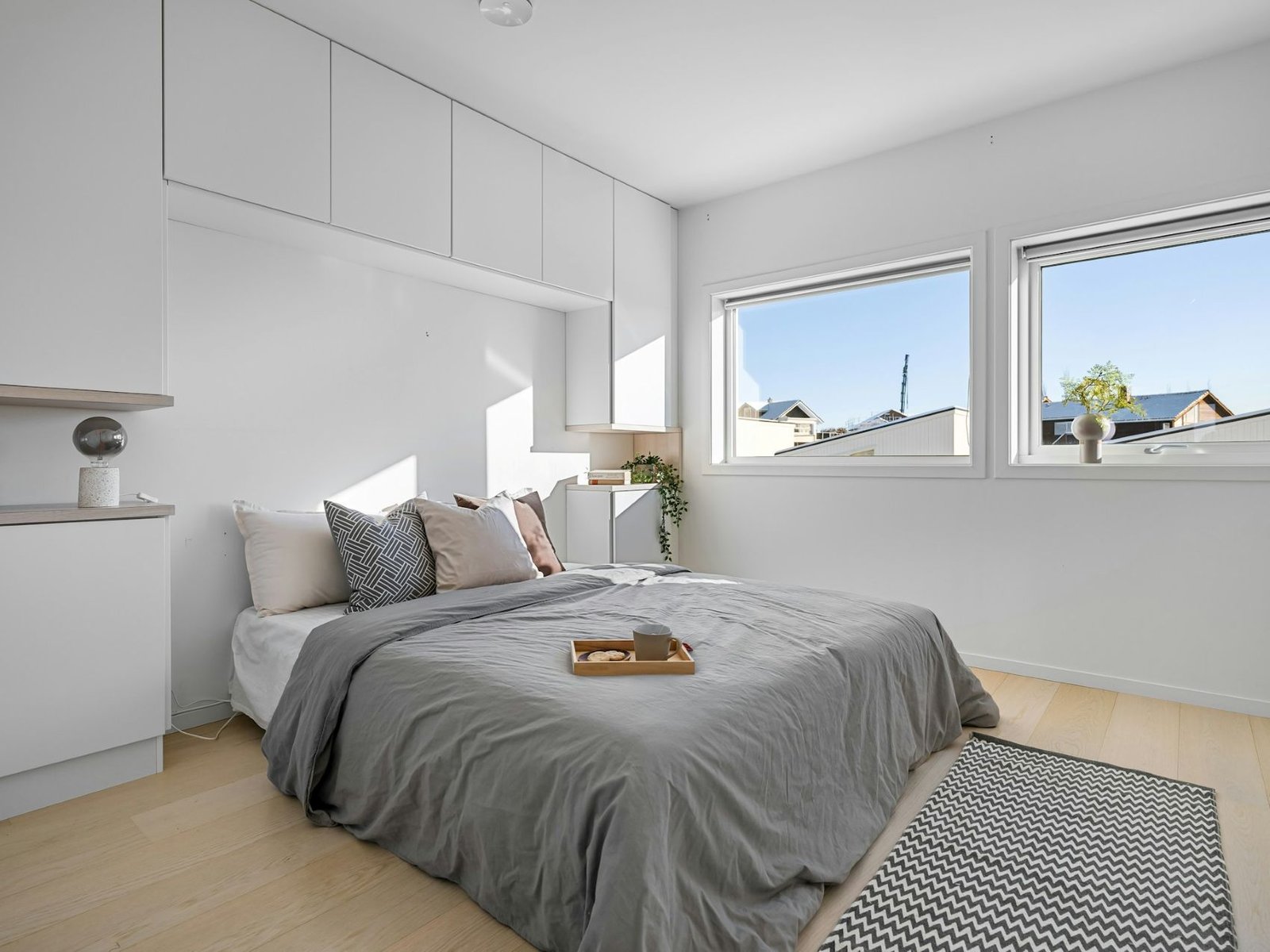In today’s fast-paced real estate industry, managing rental properties efficiently is crucial for success. Property management software (PMS) has emerged as an indispensable tool for landlords and property managers, streamlining operations, reducing workload, and enhancing tenant satisfaction. This article explores the key features, benefits, and considerations when choosing property management software.
Key Features of Property Management Software
Modern property management software offers a range of features designed to simplify and automate various aspects of property management. Some essential features include:
Tenant and Lease Tracking – Keep track of lease agreements, rent due dates, and tenant details in one centralized system.
Online Rent Collection – Facilitate seamless rent payments through multiple channels, reducing late payments and improving cash flow.
Maintenance Management – Log maintenance requests, track work orders, and communicate with service providers efficiently.
Accounting and Financial Reporting – Automate financial transactions, generate invoices, and track expenses for accurate bookkeeping.
Communication Tools – Enable smooth communication between landlords, tenants, and property managers through automated messaging and notifications.
Vacancy and Listing Management – Post rental listings on multiple platforms, screen applicants, and streamline the tenant onboarding process.
Benefits of Property Management Software
Adopting property management software provides numerous advantages:
Time Efficiency – Automating tasks like rent collection and lease tracking saves time and reduces manual errors.
Improved Tenant Experience – Tenants appreciate convenient online portals for payments, requests, and communication.
Better Financial Oversight – Real-time financial tracking and reporting aid in better budgeting and financial planning.
Enhanced Compliance – Stay compliant with legal requirements by maintaining digital records of leases, payments, and inspections.
Scalability – Whether managing a single property or a large portfolio, PMS can adapt to business growth and evolving needs.
Choosing the Right Property Management Software
Selecting the best PMS depends on several factors:
Size of Portfolio – Some software is better suited for small landlords, while others cater to large property management firms.
Budget – Costs vary from free versions with basic features to premium solutions with advanced capabilities.
User-Friendliness – An intuitive interface ensures easy adoption and efficient use by property managers and tenants.
Integration Capabilities – Consider software that integrates seamlessly with accounting tools, payment gateways, and marketing platforms.
Customer Support – Reliable customer support ensures smooth operation and quick resolution of technical issues.
Conclusion
Property management software is a game-changer for landlords and property managers, providing the tools needed to optimize operations and enhance tenant relationships. By carefully evaluating features, benefits, and suitability, real estate professionals can make informed decisions and leverage technology to streamline property management effectively.
Whether managing a few rental units or an extensive portfolio, adopting the right software solution can significantly improve efficiency, profitability, and tenant satisfaction.
Share:

